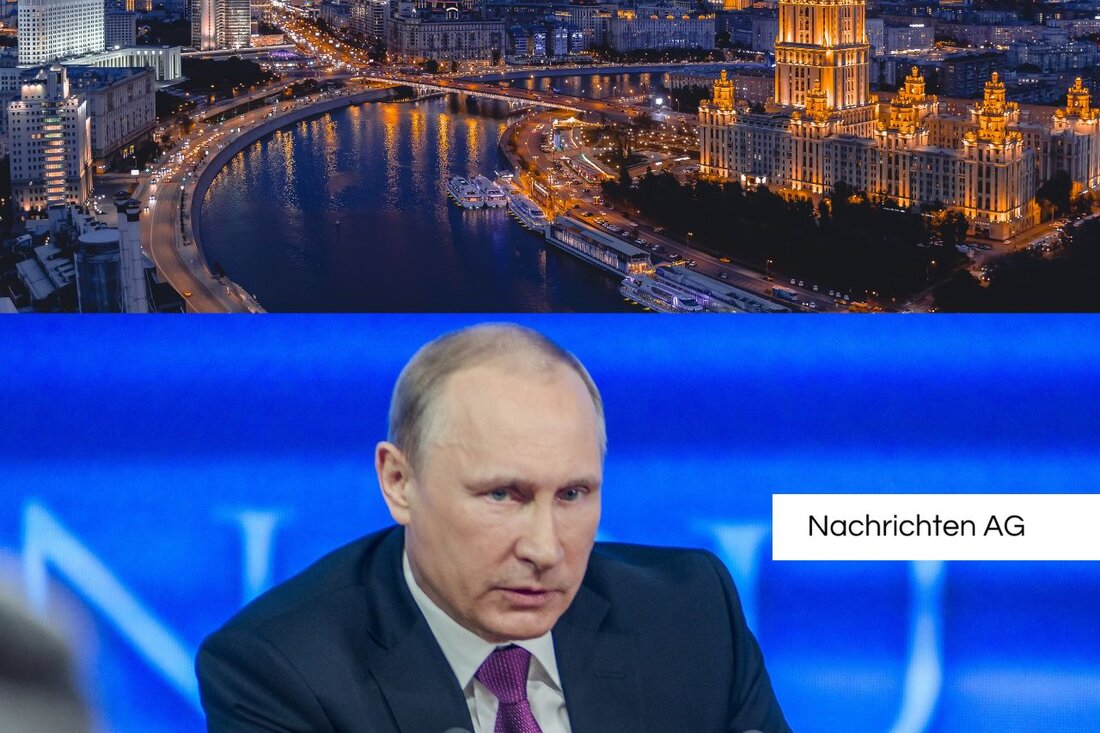Congress of Vienna: Europe's Destiny Redefined - A Review
The Congress of Vienna of 1814-1815 defined the European order after Napoleon and laid the foundation for peace until 1914.

Congress of Vienna: Europe's Destiny Redefined - A Review
Vienna, the city of music and culture, was not only a center for the arts in the 19th century, but also the scene of important political events. An outstanding chapter in the history of the metropolis is Congress of Vienna, which took place from September 18, 1814 to June 9, 1815. Under the leadership of Austrian Foreign Minister Prince Klemens von Metternich, emperors, kings and statesmen from all over Europe gathered here to create a new order after the devastating Napoleonic Wars.
The aim of the congress was clear: to define a long-term peace order and to resolve through diplomacy the questions that had arisen from the French Revolutionary Wars and the Napoleonic Wars. Despite the challenging situation, France, represented by Talleyrand, had only limited influence on the decisions, which were predominantly made by the four great powers of Russia, Great Britain, Prussia and Austria.
The Principles of Congress
Five central principles were established at the congress:
- Restaurierung der politischen Ordnung von 1792.
- Legitimität für die Rückkehr der von Napoleon vertriebenen Herrscher.
- Gewährleistung der Souveränität der Monarchie.
- Verpflichtung zur Unterbindung revolutionärer Bewegungen.
- Schaffung eines Gleichgewichts der europäischen Mächte.
Key decisions included the restoration of the Bourbon monarchy in France, the division of Poland between Prussia and Russia and the recovery of territories for Austria, including Salzburg, Tyrol and Vorarlberg. Another resulting element was the creation of the German Confederation, which consisted of 39 states and was under the presidency of the Austrian Emperor. Britain took the opportunity to strengthen its colonial power and retained territories such as Malta and Ceylon.
A long-term peace plan
The Congress of Vienna, as far as its organizational concerns were concerned, was a forerunner of the constitutional and political structures that were to ensure European balance until the First World War. It led to the formation of the “Concert of Europe,” a political doctrine that emphasized maintaining political boundaries and promoting cooperation between major powers. Despite criticism that the Congress counteracted national and liberal movements, it is credited with playing an important role in preventing large-scale wars that lasted nearly hundreds of years.
According to the Federal Agency for Civic Education, the European situation remained relatively stable between 1815 and 1914, although there were some minor conflicts during this period. The Congress' regulations laid a foundation that lasted until the revolutionary upheavals of 1848-49, when national aspirations could not be completely suppressed.
The Congress of Vienna was not only a formative event for European politics of its time, but can also be seen as a model for later international organizations such as the League of Nations and the United Nations. On June 9, 1815, the Congress concluded with the signing of the Final Act, ushering in a new era in European history. The shadow of Napoleon, whose return and final defeat at Waterloo in 1815 was still in the air, made clear how fragile the peace was.
In conclusion, the Congress of Vienna played a crucial role in the history of Europe, laying the foundation for the political structure of the 19th century and creating opportunities for international cooperation that would remain relevant in the face of future crises.

 Suche
Suche
 Mein Konto
Mein Konto